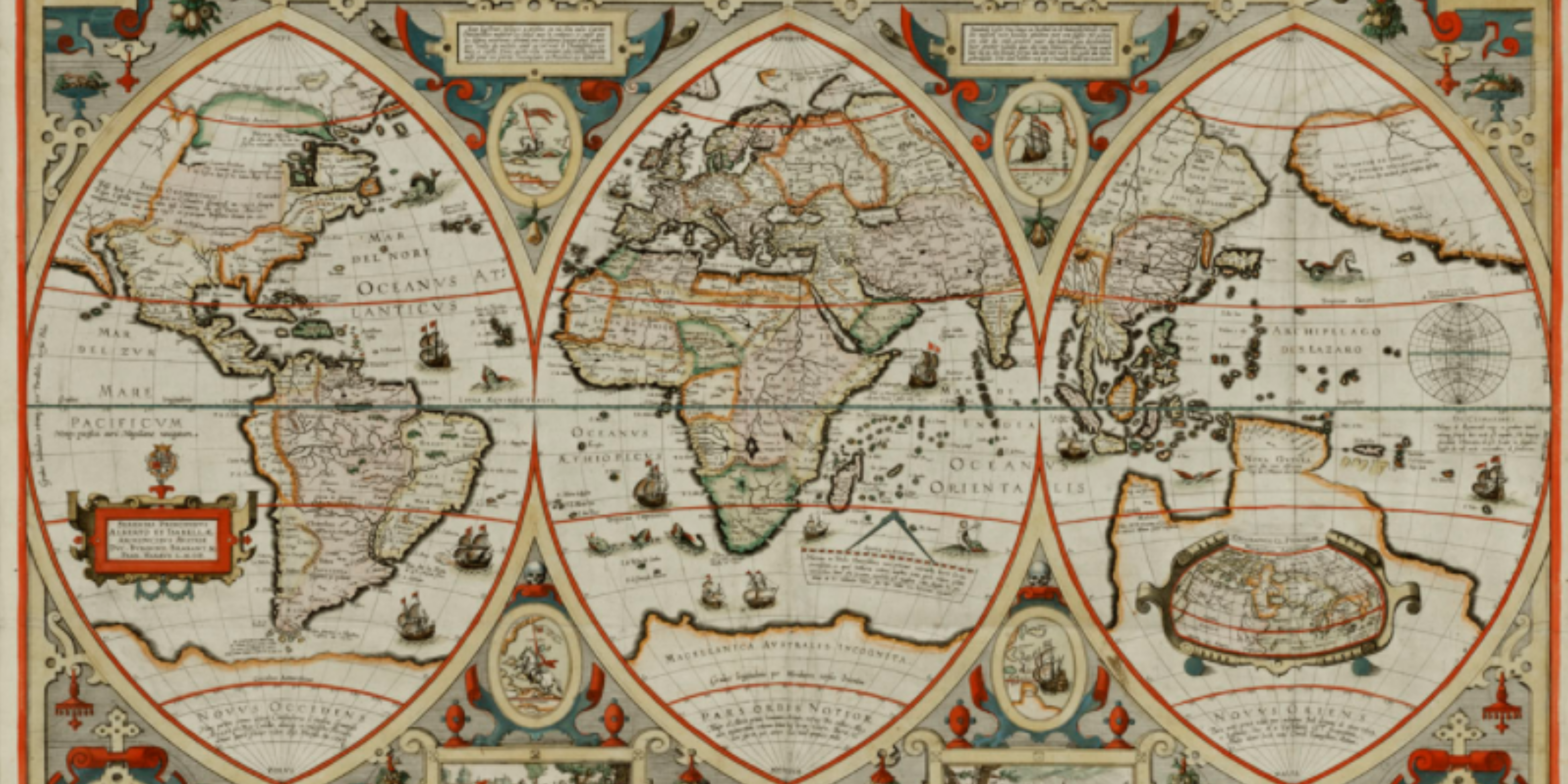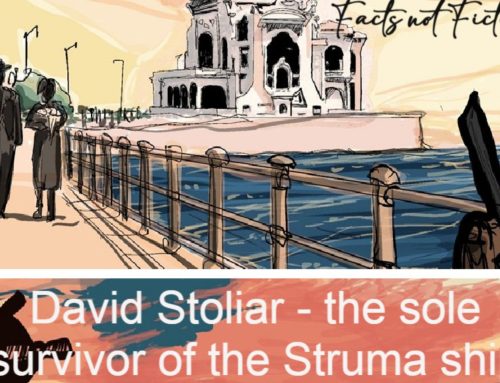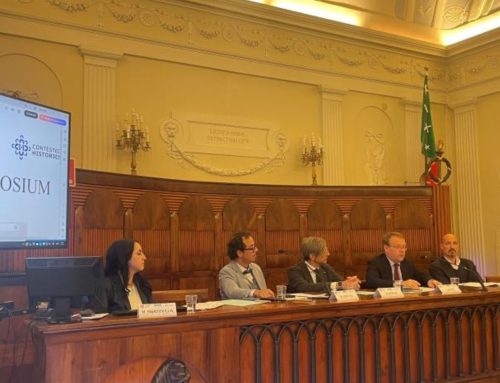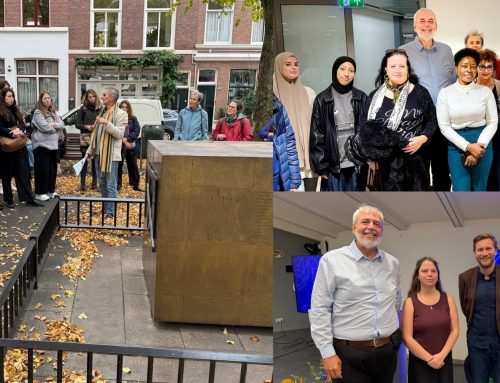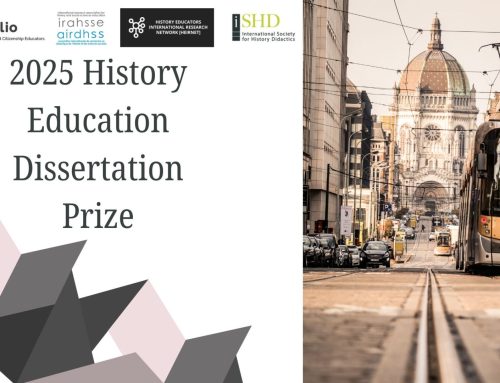EuroClio is looking for teaching practices centered around global perspectives of national history and postcolonial history. The practice collection is part of the project Critical History, led by the University of Tallinn in partnership with three other European universities.
Global dimensions of history, as well as postcolonial approaches, are indispensable for the teaching of history in the 21st century. The crucial challenges of our time, including the changing role of the nation-state, digitalization, and the worldwide internet, growing socio-economic inequality, migration movements as well as the climate crisis, have – whilst of a global nature – clear and tangible local impacts.
Traditional history education, centered around national history, its narrower contexts, and often Eurocentric bias, can hardly adequately reflect these local-global complexities of today's globalised world. Identifying teaching practices in this field will therefore be an important step in inspiring colleagues to include such global dimensions and postcolonial in their own (national) history teaching and we hope you can help us!
Do you have a teaching practice to share that tackles these local-global complexities or aspects of postcolonial thinking? That illustrates global perspectives with the history of your own country/region/nation as a starting point? As opposed to treating 'national history' and 'world history' as something apart and unrelated? Or a teaching practice that is opposed to the Eurocentric understanding of history?
We are looking for practices that are low-cost and easy to replicate. Please contact Birgit Göbel (secretariat@euroclio.eu) with a short description of your teaching practice and we will reach out to you to set up a brief interview.
The collected practices will be made available on the EuroClio website in a blog format, with a selected number also included in a study guide published at the end of our project. Due credit will always be given to the interviewee. The overall aim of the Critical History project is to prepare future history teachers for a critical history education more attuned to the realities of 21st century societies. Identifying good teaching practices will be crucial for the success of our project and we thank you in advance for sharing your ideas with us.

